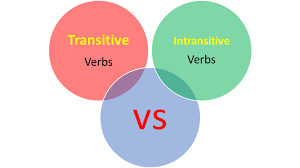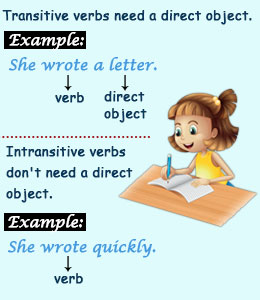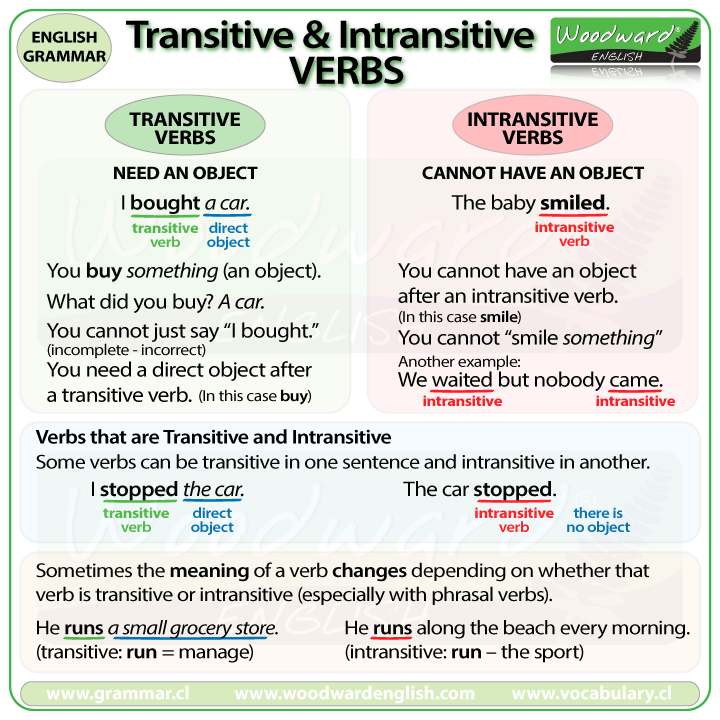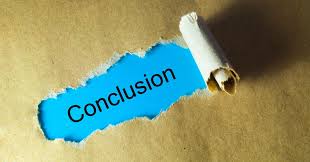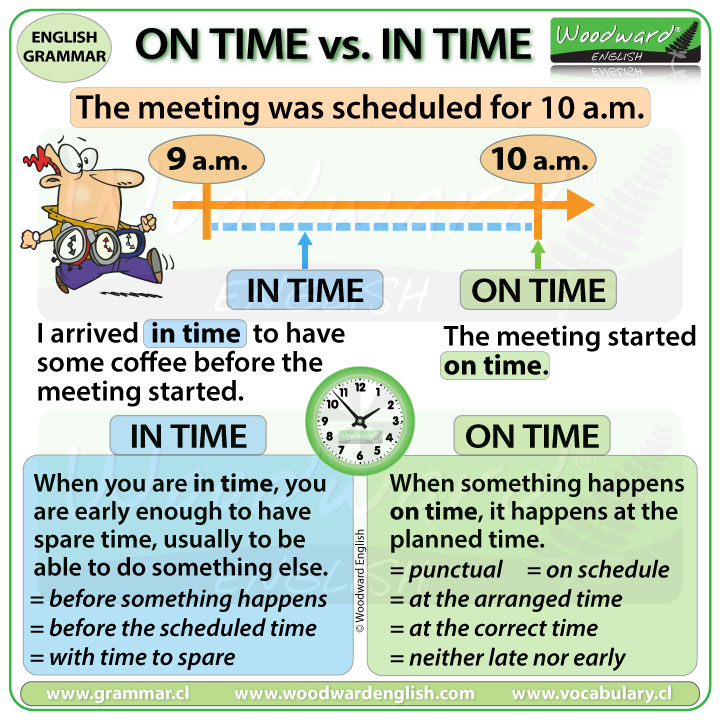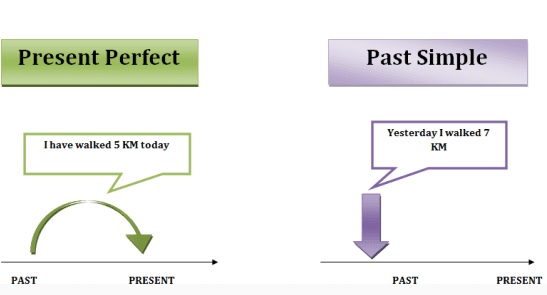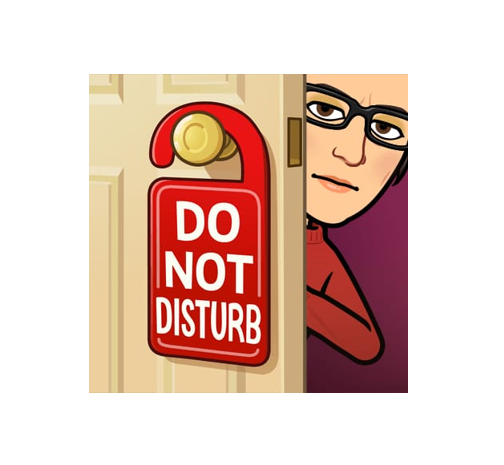
Let’s learn some English words and phrases to make your experience much smoother when you check in and check out to a hotel or when you need to ask for help.
We will start by learning some possible questions and answers. Listen carefully to this video. Make notes of the new vocabulary and phrases, and pay attention to their pronunciation.
Next, listen to a check-in dialogue. Pay careful attention to the new phrases and words.
English Phrases
1. I’d like to check in please. The reservation is under ___.
2. I’d like to book a room for tonight.
3. How much is it per night?
4. Is breakfast included?
5. I’d like a wake-up call, please.
6. The air conditioner doesn’t work.
7. I’d like to check out, please.
Below is another sample conversation with possible sentences.
- Receptionist: Hello sir! How can I help you?
- Hotel Guest: I have a reservation for today. It’s under the name of Bennett.
- Receptionist: Can you please spell that for me?
- Hotel Guest: Sure. B-E-N-N-E-T-T.
- Receptionist: Yes, Mr. Bennett, we’ve reserved a double room for you with one bed for two nights. Is that correct?
- Hotel Guest: Yes, it is.
- Receptionist: Excellent! We already have your credit card information on file. If you’ll just sign the receipt along the bottom please it’s 240 dollars.
- Hotel Guest: Well! What’s included in this cost anyway?
- Receptionist: A full Continental buffet every morning, free airport shuttle service and use of the hotel’s safe are all included.
- Hotel Guest: So, what’s not included in the price?
- Receptionist: Well, you will find a mini-bar in your room. Use of it will be charged to your account. Also, the hotel provides room service, at an additional charge of course.
- Hotel Guest: Ok!
- Receptionist: Here’s your key. You’re in room 321 on the third floor. To get to your room, take the elevator on the right up to the fourth floor. Turn left once you exit the elevator and your room will be on the left hand side. A bellboy will bring your bags up shortly.
- Hotel Guest: Great. Thanks.
- Receptionist: Breakfast is from 6.30 a.m.
- Hotel Guest: Thanks. Oh! Where is the sauna, please? I might use it later.
- Receptionist: Our wellness center is in the basement. Should you have any questions or requests, please dial ‘9’ from your room. Also, there is internet available in the lobby 24 hours a day.
- Hotel Guest: Ok, and what time is check-out?
- Receptionist: At midday, sir.
- Hotel Guest: Ok, thanks.
- Receptionist: My pleasure, sir! Enjoy your stay.
And finally:
- Receptionist: Good morning Mr. Walter, how can I be of assistance today?
- Mr. Walter: Yes, please. I need to check out now. Here is the key to my room.
- Receptionist: Okay, I’ll just bring up your account.
- Mr. Walter: Great.
- Receptionist: Did you enjoy your stay with us?
- Mr. Walter: Yes, for the most part.
- Receptionist: Was there anything from the minibar?
- Mr. Walter: No, I didn’t have anything.
- Receptionist: All right then, the bill comes to $115.67, including tax. How would you like to pay for that?
- Mr. Walter: I’ll pay cash, but I’ll need a receipt so I can charge it to my company.
- Receptionist: Absolutely. Here we are sir.
- Mr. Walter: Thanks! Now I need to get to the airport. I have a flight to catch at three o’clock, so what is the quickest way to get there?
- Receptionist: We do have a free airport shuttle service.
- Mr. Walter: That sounds great, but will it get me to the airport on time?
- Receptionist: Yes, it should. The next shuttle leaves in 15 minutes, and it takes approximately 25 minutes to get to the airport.
- Mr. Walter: Fantastic. I’ll just wait in the lounge area. Will you please let me know when it will be leaving?
- Receptionist: Of course, sir. If you like you can leave your bags with the porter and he can load them onto the shuttle for you when it arrives.
- Mr. Walter: That would be great thanks.
- Receptionist: We look forward to seeing you again soon. Have a safe trip home.
- Mr. Walter: Thank you. See you next time.

